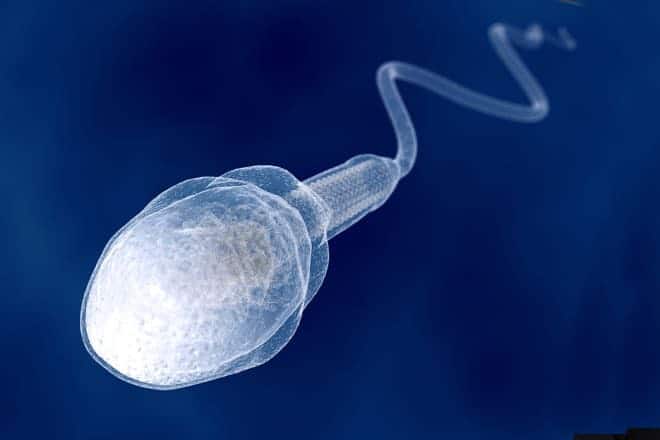Contents:
- Medical Video: Signs and Symptoms of Pancreatic Cancer - Mayo Clinic
- Symptoms of pancreatic cancer that may occur
- Symptoms of adenocarcinoma pancreatic cancer
- Symptoms of neuroendocrine pancreatic cancer (islet cell tumor)
Medical Video: Signs and Symptoms of Pancreatic Cancer - Mayo Clinic
Reporting from the Mayo Clinic, 1 in 10 cases of pancreatic cancer is caused by hereditary factors. However, your risk of pancreatic cancer can increase if you are 50 years and over; an active smoker; and / or have certain health problems - such as diabetes, stomach ulcers, infections H. pyloriand chronic pancreatitis. If not treated, cancer can spread rapidly to the organs or blood vessels that are around it. Therefore, you need to recognize various signs and symptoms of pancreatic cancer early to get the right treatment.
Symptoms of pancreatic cancer that may occur
Pancreatic cancer can not cause any symptoms at first so it is difficult to diagnose. Symptoms usually appear if the cancer has entered an advanced stage, when cancer cells have begun to spread. Symptoms of pancreatic cancer can also be different, depending on the type.
Symptoms of adenocarcinoma pancreatic cancer
Pancreatic cancer carcinoma is a cancer cell that forms in the pancreatic duct and attacksexocrine gland. The exocrine gland is a gland that produces and secretes substances to the epithelial surface through a duct.
Symptoms of pancreatic cancer in carcinoma are:
- Stomach ache marked by blunt pain in the upper abdomen. The pain can spread to the back. These symptoms are recurrent; can come and go, but it often happens.
- Bloated. The presence of a tumor in the pancreas will cause the stomach to feel uncomfortable, easily bloated, and easily feel full. In addition, other symptoms also appear such as nausea and vomiting.
- Jaundice. Cancer cells in the pancreas can block the flow of bile, causing bile buildup in the blood. This condition changes the skin and white of the eyes to yellow. In addition, the color of urine becomes darker. Other symptoms of jaundice are itching and brightly colored stools.
When it has spread, symptoms of pancreatic cancer carcinoma will affect the entire bodyinclude:
- Drastic weight loss
- Discomfort in the body
- Loss of appetite
- Blood sugar pressure increases because the ability of the pancreas to produce insulin is disrupted.
Symptoms of neuroendocrine pancreatic cancer (islet cell tumor)
Neuroendocrine pancreatic cancer is a type of pancreatic cancer that attacks the glandhormone producer. This cancer is also called islet cell tumor or neurendocrine tumor.
SymptomsNeuroendocrine pancreatic cancer almost resembles pancreatic adenocarcinoma cancer, such as abdominal pain, drastic weight loss, to nausea and vomiting. The hormone released by islet cell tumors can also cause several symptoms, such as:
- Insulinoma (excess insulin), characterized by sweating, anxiety, dizziness, and fainting due to low blood sugar.
- Glucagonoma (excess glucagon), characterized by diarrhea, excessive thirst or frequent urination, and weight loss.
- Gastrinoma (excess gastrin), characterized by abdominal pain, such as ulcers, but bleeding, and weight loss.
- Somatostatinoma (excess somatostatin), characterized by diarrhea, abdominal pain, fatty stools and foul-smelling, and weight loss.
- VIPomas (excess vasoactive intestinal peptide), characterized by diarrhea, abdominal cramps, and facial redness.
All symptoms of pancreatic cancer that appear can resemble the symptoms of many other diseases. Therefore, if you experience the symptoms that have been mentioned you should go to the doctor to get the right diagnosis and treatment. Delaying the examination and treatment can aggravate the condition and make the treatment difficult.












